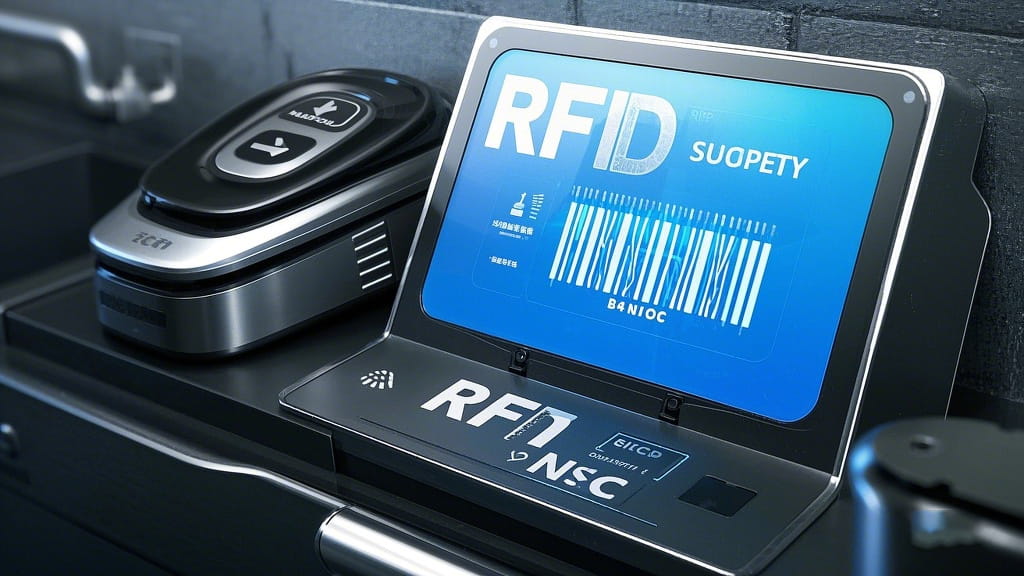RFID Check-In Check-Out System: Intelligent Entry and Exit Management Solution
842RFID Check-In Check-Out System is becoming the preferred choice across industries for managing the movement of people and goods
MoreAll RFID Product
RFID tags are hailed as the future of tracking—until they’re not. While industries like retail and logistics thrive with RFID, some sectors face costly setbacks, security nightmares, and even safety risks. After a decade of deploying RFID systems, Cykeo has identified 3 industries where RFID often does more harm than good. Let’s dive into the pitfalls and safer alternatives.

RFID’s promise of seamless tracking sounds perfect for healthcare. But when it comes to implants and wearables, the risks outweigh the rewards.
Why RFID Fails Here:
Real-World Disaster:
A European hospital tried tagging prosthetic limbs with RFID for inventory tracking. The tags disrupted nearby MRI machines, delaying critical scans.
Cykeo’s Alternative:
Use NFC tags with read-range control (limited to 2 inches) and AES-256 encryption. NFC avoids interference and complies with medical data laws.
In factories producing microchips, sensors, or aerospace components, RFID’s radio waves can be a silent saboteur.
Why RFID Fails Here:
Case Study:
A Tesla supplier abandoned RFID tagging for circuit boards after 12% failed QA tests due to EMI. They switched to laser-etched 2D barcodes instead.
Cykeo’s Alternative:
Opt for laser marking or magnetic tags (for non-sensitive parts) to avoid EMI. For traceability, use Cykeo’s ESD-safe QR codes.
From underwater pipelines to Arctic oil rigs, RFID tags face conditions they weren’t built to survive.
Why RFID Fails Here:
Costly Example:
An offshore oil company lost $2M tracking “RFID-tagged” equipment. Saltwater corroded tags within weeks, leaving 60% of assets untraceable.

Cykeo’s Alternative:
For extreme environments, use acoustic tags (sonar-based) or ruggedized QR codes etched onto titanium plates.
RFID can work in these industries—if you customize aggressively:
But customization costs 3–5x more than standard RFID. For most, alternatives like NFC or barcodes are smarter.
Ask these questions:
Still Unsure About RFID’s Risks for Your Business?
At Cykeo, we help companies navigate RFID’s pros and cons with tailored audits. Email contact@cykeo.com to:
RFID Check-In Check-Out System is becoming the preferred choice across industries for managing the movement of people and goods
MoreDiscover how energy-efficient RFID antennas reduce IoT power consumption by 40–60%. Extend battery life, cut costs, and meet sustainability goals.
MoreDiscover how weatherproof RFID readers improve outdoor asset tracking in harsh conditions. Learn about IP ratings, temperature resilience, and real-world applications for logistics and construction.
MoreWondering what an RFID card for EV charging is? Learn how these keycards work, why drivers rely on them, and how they simplify electric vehicle charging.
More